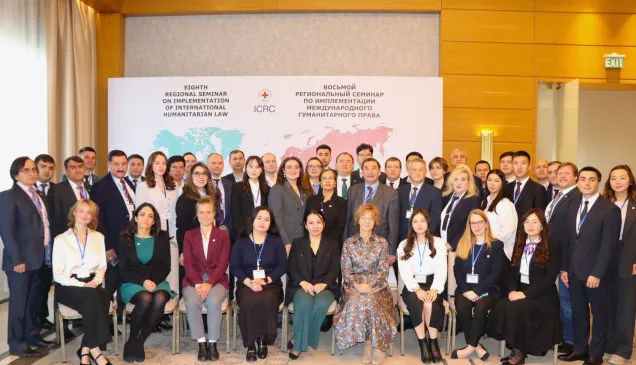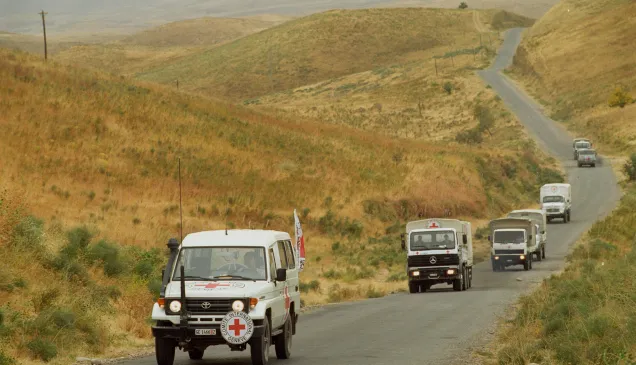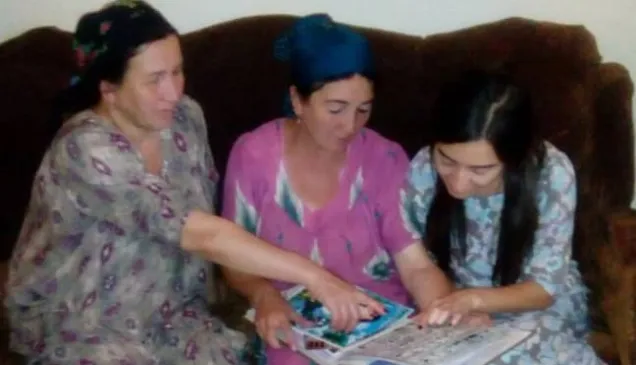The ICRC is holding a one-day course, on the management of human remains during large-scale emergencies, in Dushanbe today. The course will draw more than twenty participants: officials from the Committee of Emergency Situations and Civil Defence, the Ministry of the Interior and the Ministry of Defence, forensic specialists from the Ministry of Health and Social Protection, personnel from the border security force, and representatives of the Red Crescent Society of Tajikistan.
The ICRC's regional forensic coordinator, Claudia Elena Garrido Varas, will be in charge of the course.
"The ICRC places great importance on such training sessions,"says Claudia Azzolini, who heads the ICRC's mission in Tajikistan. "Proper handling of dead bodies after an emergency increases the likelihood of victims being identified in a timely manner. When people are unaccounted for, or go missing, uncertainty over their fate is a source of immense distress for their loved ones."
The course will review what participants already know about the proper treatment of dead bodies: for instance, treating them with dignity and respecting local cultural norms. It will also provide participants with practical guidelines and best practices for managing human remains in mass-casualty situations.
Similar training sessions were held in Dushanbe, Khujand and Kurgon Teppa – in 2014, 2015 and 2016. In Tajikistan, the ICRC provides support for the families of missing persons and seeks to prevent instances of disappearance, through pertinent training and development of the necessary legal instruments.
For further information, please contact:
Mavzuna Mirzoeva, ICRC Dushanbe, tel: +992 37 221 86 60 or +992 90 0001451



